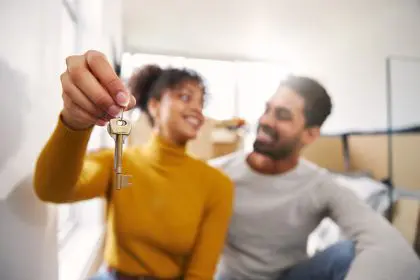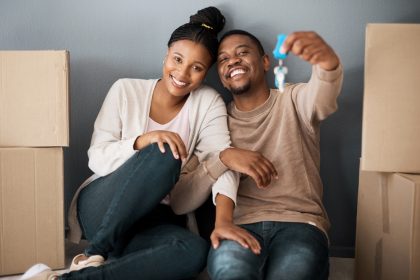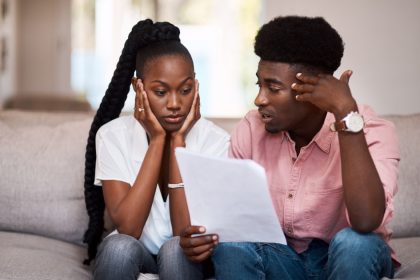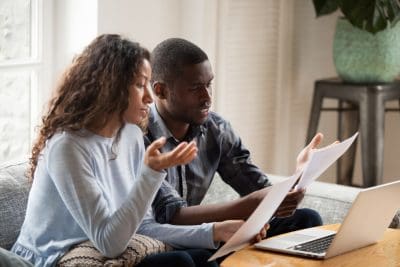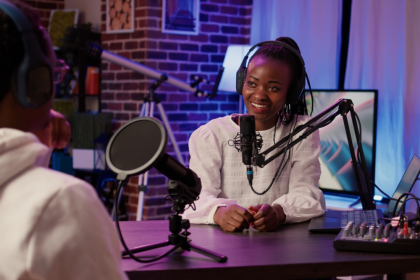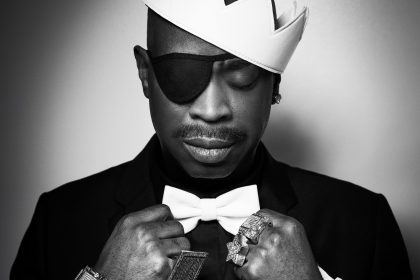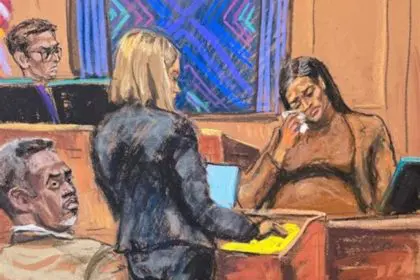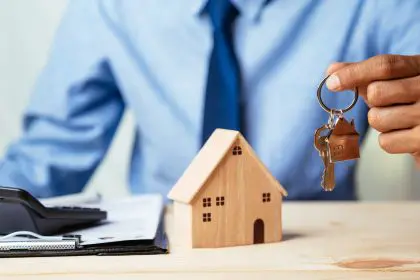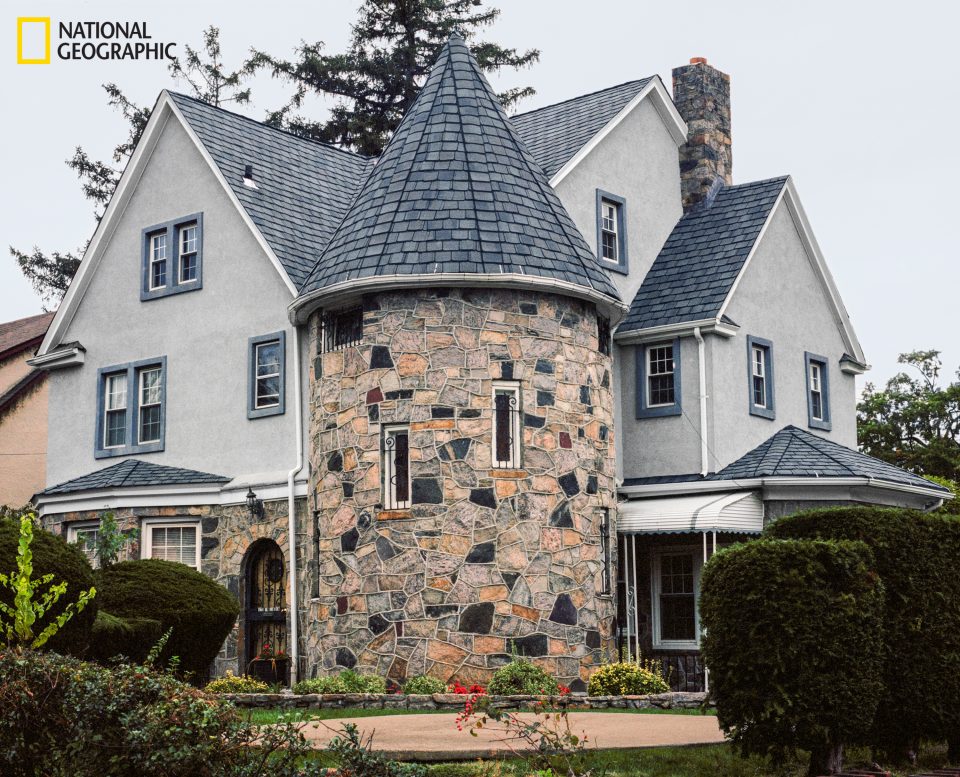
What should we know about the impact of being a homeowner in a Black community?
The homeownership gap between Blacks and Whites remains, now, the same as it was roughly in 1960, 61 years ago. Think about that. A lot of it has to do with all the other things in the economy that affects African Americans. It is lower income and lower wealth creation. People talk a lot about gentrification, and that’s a real thing in some communities, but a lot of Black communities have the opposite problem. There is the problem where homes don’t appreciate. You don’t get that same value out of your home and you can’t take that home equity loan to fix the roof or landscape [the] yard.
What are some of the other disparities for lower income families?
When it’s time for them to buy a home, they have little money. It might be $20,000 that they can sometimes take from their own home equity and get their children started. But try saving $20,000 on a job that pays you $50,000 a year, it takes forever.
I remember doing a story in The Washington Post about car loans. African Americans are paying higher interest rates on car loans than Whites [are]. We’re paying more for the same things and that often runs the gamut. We pay more for groceries. We have to try to get ahead of that even though we don’t always have control of that. I think that’s the lesson, you have to just be aware. That will help you kind of keep pressure on our policymakers as well to enact policies that protect people.
For more on this story, visit https://www.nationalgeographic.com/magazine/article/why-black-homeownership-thrives-in-this-special-pocket-of-new-york-city-feature



